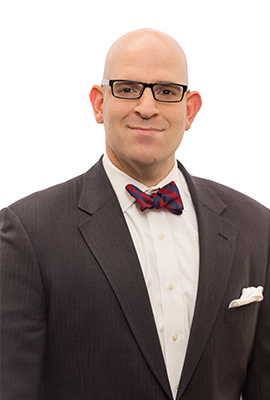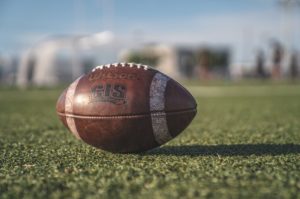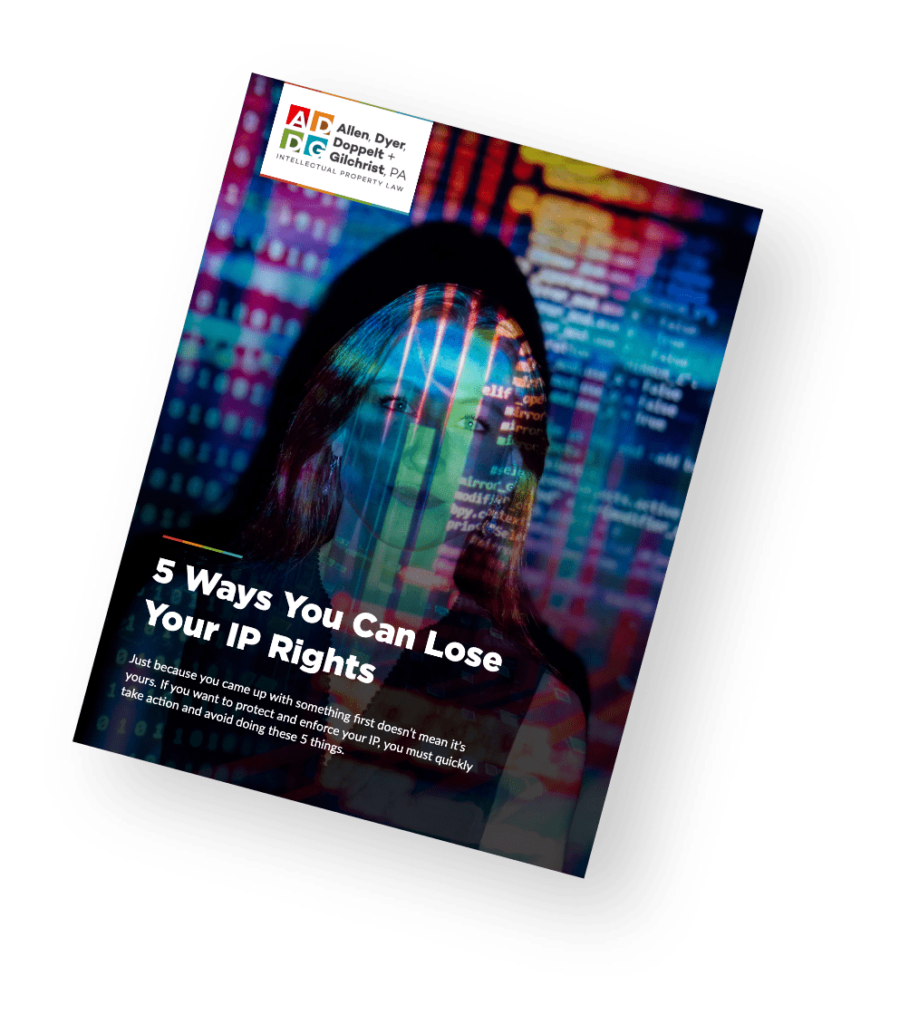First Off… What is NIL?
NIL stands for “name, image, and likeness”. Generally, any person may monetize their NIL as they see fit. The laws governing NIL rights are state based, and some states grant differing degrees of rights and protection. Notwithstanding the standard right to NIL, NCAA scholarship athletes were previously prohibited from collecting income, including that derived from NIL rights. Under the prior regime, if a student athlete on scholarship monetized their NIL (or for that matter accepted any compensation outside their scholarship), they would be ruled ineligible by the NCAA.
An Overview of Changes to NIL Rules for College Athletes
The NCAA has long defended an amateur sports paradigm of college athletics. As part of this long held position, the NCAA stringently enforced its rules against athletes who derived revenue from other activities. As support for NIL rights for student athletes grew, some stakeholders grew impatient with the relatively slow change of position from the NCAA. This impatience manifested in two primary ways: lobbying for legislative action at the federal and state level, and litigation against the NCAA.
Several states, including the State of Florida, passed legislation that stepped-in and mandated student athletes be permitted to monetize their NIL without penalty. In particular, the State of Florida Statute §1006.74 recites: “[t]he Legislature finds that intercollegiate athletics provide intercollegiate athletes with significant educational opportunities. However, participation in intercollegiate athletics should not infringe upon an intercollegiate athlete’s ability to earn compensation for her or his name, image, or likeness.” See Florida Statute §1006.7.
Moreover, the NCAA recently lost a related challenge to the NCAA rule on NIL prohibition under antitrust law, which concluded with a decision at the Supreme Court of the United States. See NCAA v. Alston et al., 594 U. S. ____ (2021) With NIL arriving, the NCAA suspended its NIL rules that formerly governed this type of compensation. See NCAA Rule 18.5. The NCAA will provide a permanent solution to NIL and develop rules in the near future. Congress is also pursuing federal NIL legislation.
What is Florida’s New NIL Law?
The State of Florida implemented its NIL law at State of Florida Statute §1006.74, but ten states passed NIL legislation in some form. These state laws do not provide much in the way of a formal framework on how to regulate NIL efforts. Indeed, this effort has been left to each individual education institution. So, not only does the law vary from state to state, the form of implementation may vary from school to school. Because of this, athletes need to review the rules passed by their respective school’s athletic association and should consult with an intellectual property attorney in Florida.
When Did Florida’s NIL Law Go Into Effect?
The State of Florida NIL statute went into effect on July 1, 2021. The NCAA suspended their former NIL rules just before the enaction of the state NIL laws.
So… What Exactly Does this Mean for Florida Athletes?
The recent NIL changes permit student athletes to derive compensation from NIL rights. The most common form of compensation for student athletes will likely be endorsements deals. This means the student athlete will endorse and/or use a product in exchange for the compensation. Of course, this does not mean the Heisman Trophy winner quarterback can sign with Nike when the school has a similar deal with Under Armour. In fact, most schools have and will pass rules prohibiting competing endorsements. Because of this, student athletes will need to constantly review NIL rules at their school to stay within the rules. To this end, the Florida legislation did set some guardrails, prohibiting conflicting NIL deals and requiring disclosure of NIL deals to the respective school.
More readily accessible to those student athletes with large social media presences, the student athlete can post and tag a company’s product in exchange for compensation. Also, student athletes may now sell autographs without fear of NCAA reprisal. Student athletes may also receive compensation for personal appearances, again subject to the particular guidelines of their respective schools.
The NIL law expressly prohibits “pay for play” arrangements. In particular, the Florida Statute recites: “[t]o preserve the integrity, quality, character, and amateur nature of intercollegiate athletics and to maintain a clear separation between amateur intercollegiate athletics and professional sports, such compensation may not be provided in exchange for athletic performance or attendance at a particular institution and may only be provided by a third party unaffiliated with the intercollegiate athlete’s postsecondary educational institution.” State of Florida Statute §1006.74(2)(a). In short, this is still amateur sports, but the student athlete can monetize his or her athletic exploits so long as they do not violate the NIL law or the relevant school regulations.
Which Athletes Will Benefit the Most?
Technically, all scholarship student athletes will benefit equally from the new opportunities. Of course, the grant of equal rights does not necessarily mean equal compensation. Quite intuitively, Florida student athletes with the highest value NIL rights will likely earn more than other student athletes. Although most attention will understandably go to the “revenue sports”, i.e. football and basketball, some non-revenue sports student athletes will benefit greatly from this new NIL structure. In particular, with the social media world of the modern internet, there is a great opportunity for student athletes with large social media followings.
Can Athletes in Florida Hire Lawyers to Help with New NIL Laws?
Student athletes in Florida may hire lawyers to assist them with NIL efforts. To that end, a Florida intellectual property law firm is well suited to aid student athletes with negotiating marketing contacts and licensing contracts associated with their NIL. Moreover, intellectual property attorneys can further monetization by assisting in registering logos and other marks, for example, slogans. For example, Anthony Davis famously sought trademark protection for “raise the brow” and “fear the brow”.
Moreover, intellectual property lawyers can lend a hand in navigating the institutional rules unique to each school. Similarly, intellectual property attorneys can review the NCAA rules on NIL, once passed, and determine whether the proposed NIL contract violates either set of regulations.
Need Help Negotiating or Drafting Your Contract or Trademark? Contact Our Florida Trademark Law Firm Today!
Allen Dyer has the skills to help student athletes navigate the multi-layer regulatory scheme of NIL. Moreover, the IP attorneys at Allen Dyer has decades of experience in negotiating NIL rights deals and pursuing trademark rights for our clients. Contact us today for help – we have offices throughout the State of Florida, including Orlando, Miami, and Jacksonville.
About the Author
Jack G. Abid is an Orlando-based registered patent attorney and shareholder at Allen, Dyer, Doppelt + Gilchrist.

Share This




